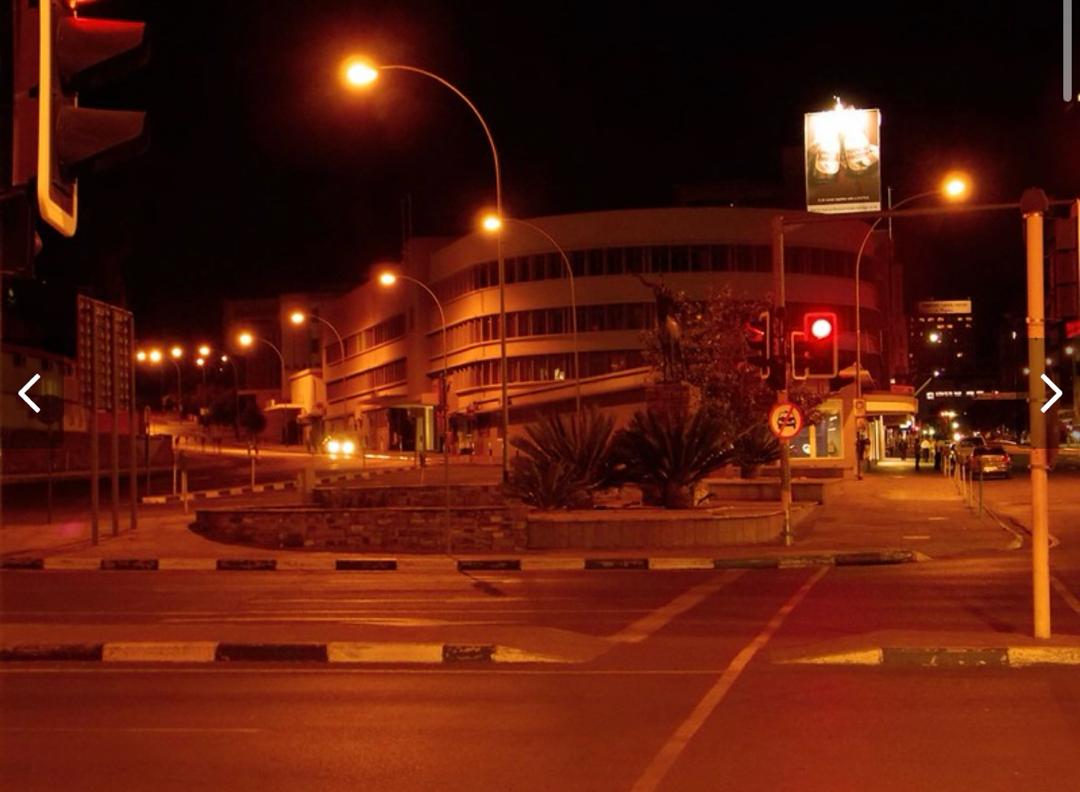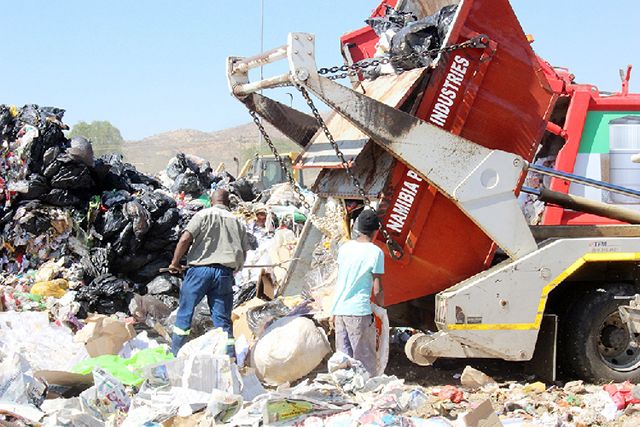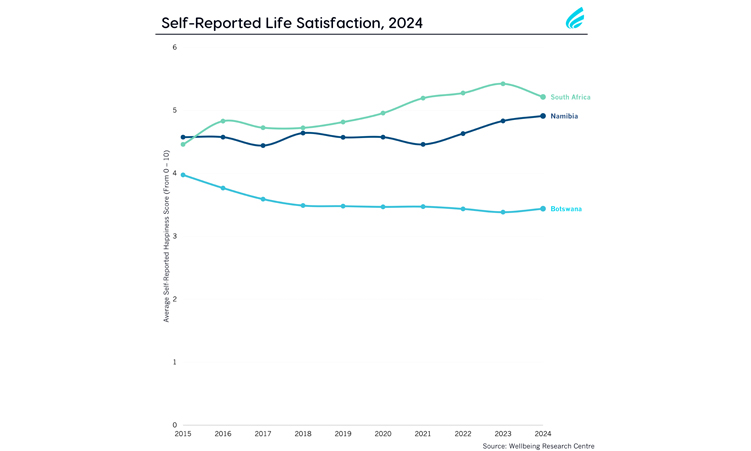Johannesburg – A document agreed to by a mining industry task team would help trade unions ‘put companies under pressure’ and have the effect of saving some of the nearly 15 000 jobs that were at risk in the sector, union representatives said last week.
The task team, consisting of representatives of the department of minerals and energy, trade unions and the Chamber of Mines, agreed to a non-binding document with six measures to keep job cuts to the minimum: reducing mining costs; alleviating funding problems; removing impediments to production, such as power cuts; ensuring compliance with labour laws; dealing with retrenchments; and looking at alternatives to retrenchments and steps to mitigate the effects of retrenchments.
Sandile Nogxina, the Minerals and Energy Department’s director-general, said some companies had tried to skirt round the requirements of the law when it came to restructuring and retrenchments.
Dirk Hermann, the deputy general secretary of the mainly white Solidarity trade union, said the document would give the unions in the sector ‘moral strength’ when it came to heading off retrenchments, which had put more than 14 000 jobs at risk.
Retrenchments in the mining industry could grow to as many as 28 000 as a second wave of restructuring notices were issued, he added.
Hermann said the document and the ‘spirit of collectiveness’ in which it had been negotiated would have the effect of saving jobs. ‘We hope the spirit will bind everyone to the document,’ he added.
‘With the help of this document, we are looking to reduce retrenchments by [between] 40 percent and 60 percent,’ he said. He added that what was most positive about the document was the focus on alternatives to job cuts.
The alternatives that were agreed to included internal company transfers and redeployment; temporary lay-offs; a shorter working week; reducing bonuses for all, including chief executives; and setting up mine-specific task teams.
On December 1 the trade unions in the industry demanded that a moratorium be placed on retrenchments, but the Chamber of Mines did not accede to this. The industry task team was formed instead.
Crosby Moni, the National Union of Mineworkers’ vice-president, said the union’s key drive would be to keep jobs.
Franz Stehring, the United Association of SA’s mining representative, said the most important thing was that the parties had agreed to set up a series of task teams to address retrenchments.
Nogxina said the task team would remain in force as long as the crisis existed. The date at which the task team was reconvened would depend on the parties involved, he added. The task team would guide the implementation of the document.
Nogxina said that at this stage, no consideration had been given to what form of intervention the government might make as a result of the retrenchments.
‘What the task team has done is come up with practical measures that can be put in place,’ he added. ‘Only when all these measures have failed can we go out and look at alternative measures.’
David Noko, the Chamber of Mines vice-president, said the sector was facing financing pressures and needed to mitigate the impact on employees.
Stay informed with The Namibian – your source for credible journalism. Get in-depth reporting and opinions for
only N$85 a month. Invest in journalism, invest in democracy –
Subscribe Now!










